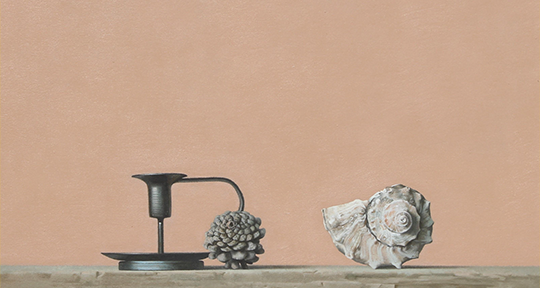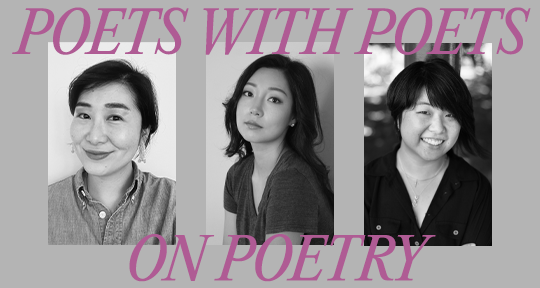In this three-part series, Asymptote has asked the 2023 PEN/Heim grantees to talk about their work in progress; their responses, brimming with excitement, conviction, and connection, are a testament to how much translators put themselves into their labor. Through the varied approaches and languages, they share the important commonality of surety: that the work they’ve been entrusted with has an immense potential to illuminate our reality, enlarge our world, and enrich our experiences of literature.
Here, Stine An grows the vocabulary of her world; Stoyan Tchaprazov wrestles with a complex, multilingual diction; and Joaquín Gavilano translates his way back home.
Stine An on Yoo Heekyung:
I was initially drawn to Yoo Heekyung’s work because of both his poetic lineage and breadth of contributions as a cultural worker. Having studied poetry with Kim Hyesoon, Yoo is most known for his poetry; however, he also writes plays and essays and frequently collaborates with other poets and artists on video content, podcasts, and events. Additionally, he runs wit n cynical, a one-of-a-kind poetry bookstore and project space in Seoul. I started translating his poems back in 2019 for a literary translation workshop with Sawako Nakayasu during my final year of MFA studies at Brown University; there, she not only inspired me to explore literary translation as a meaningful way to connect with my Korean heritage as a poet, but also as an exciting and potentially life-changing activity. I take invitations to change my life seriously. I started writing poetry because I wanted to change my life, and it’s for the same reason that I continue my work as a translator. The possibility to change my life. How exciting is that? What does it mean to grow the vocabulary of your world?
Sawako introduced me to the poet and translator Don Mee Choi, who in turn introduced me to Yoo’s work. One of the earliest pieces of feedback I received from Don Mee and other early readers for my translations was that I had nailed the tone for Yoo’s work, so I took that as a sign to continue. During my ALTA translation mentorship with Joyelle McSweeney, she invited me to reflect on my relationship to tone, and I realized that tone was something I deeply cared about in my own work—both as a poet and a stand-up comedian. So, I’ve been prioritizing tone, mood, and voice when translating Yoo’s poems. For inspiration, I’ve been revisiting Joachim Neugroschel’s translations of Franz Kafka’s short stories and aphorisms; I remember being utterly bewildered and enchanted by Kafka’s words through those translations—the humor, grief and wonder.


